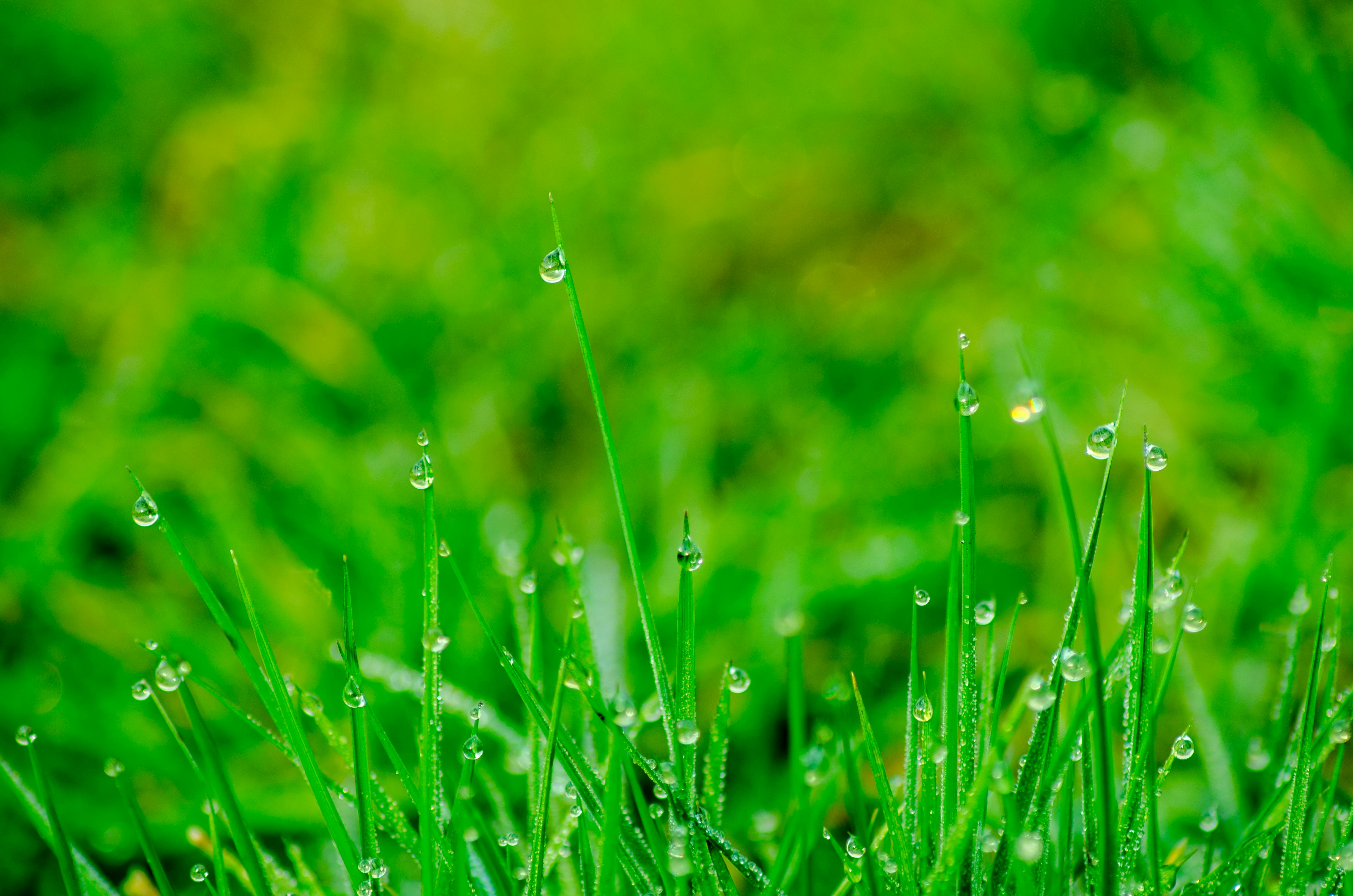What Is Distilled Water?
Distilled water is a type of purified water that has had both impurities and minerals removed. It is produced by boiling water until it evaporates, leaving behind any impurities or minerals, and then collecting the condensation. After this process, the result is almost pure H2O, with some other trace elements still present. Distilled water can be used for drinking, cooking, cleaning, or many other purposes. It is often preferred over regular tap water due to its lack of added chemicals or other contaminants.Distilling water can help remove many different types of impurities such as bacteria, viruses, heavy metals, chlorine compounds and nitrates. This makes it a popular choice for people who want to ensure that their drinking water is as pure as possible. Distilled water can also be used for many medical treatments such as kidney dialysis and intravenous injections. It is also sometimes used in aquariums to ensure that the environment stays clean and healthy for its inhabitants.
Although distilled water lacks the natural minerals found in regular tap water, it can be mineralized with a few drops of mineral-rich liquid
Natural Spring Water and Distilled Water
Natural spring water and distilled water are two distinctly different types of water. Natural spring water is sourced from underground aquifers and has a unique taste due to its mineral content. It is naturally filtered through the earth’s surface, collecting minerals along the way. Spring water can contain a variety of minerals, such as magnesium, calcium, sulfur, and sodium. As a result, it has a distinct taste that some people prefer over other types of drinking water.Distilled water, on the other hand, is created by boiling water until it evaporates and then condensing it back into liquid form. The process removes impurities from the liquid such as minerals and other contaminants. Distilled water has a relatively neutral taste compared to natural spring water because it does not contain any minerals or contaminants. It can also be used for many applications where purity is important such as in medical settings or for steam irons. Both natural spring water and distilled water are safe to drink; however, they both have different benefits and uses. Natural spring water contains beneficial minerals that can provide health benefits such as improved digestion and better hydration while distilled water isAdvantages of Natural Spring Water
Natural spring water is a great way to ensure that you are getting a healthy and safe source of water for drinking, cooking, and other uses. It is a natural resource that is free from pollutants and contaminants, making it an ideal choice for those looking for safe and clean water. There are many advantages to using natural spring water, including:1. High Quality: Natural spring water contains minerals and other beneficial compounds in concentrations that are not found in other types of water sources. This makes it an excellent choice for those who want to ensure that their drinking water is of the highest quality possible.
2. No Chemicals: Natural spring water does not contain any chemical additives or pollutants, which makes it a great choice for those looking to avoid chemicals in their drinking water.
3. Tastes Better: Natural spring water has a distinct taste that many find enjoyable when compared to other types of drinking waters. This can be especially beneficial if you enjoy the taste of pure, natural spring water over tap or filtered water.
<
Advantages of Natural Spring Water
Natural spring water is a natural resource that has many advantages. It is a renewable resource that is free from added chemicals, making it a healthier option than tap water. Natural spring water also contains essential minerals and electrolytes, which help to replenish the body after exercise or illness. Finally, it has a much better taste than tap water, as it contains no chlorine or other chemicals.Disadvantages of Natural Spring Water
The main disadvantage of natural spring water is that it can be difficult to find and access. In some areas, natural springs may have been tapped and diverted for commercial use, leaving only a limited supply for personal use. Additionally, due to its mineral content, natural spring water may have an unpleasant taste or odor in some cases. Finally, while natural spring water does not contain any added chemicals like tap water does, it may contain other contaminants such as bacteria or other microorganisms due to its source in the ground.
Advantages of Distilled Water
Distilled water has numerous benefits that make it an ideal choice for drinking, cooking, and other uses. It is free of minerals, chemicals, and other contaminants that can be harmful to your health. Distilled water also has a neutral pH balance, which helps to keep your body in balance. Here are some of the advantages of using distilled water:One of the biggest advantages of drinking distilled water is that it is free from impurities and minerals that can be found in tap water. This means that you can enjoy pure, clean-tasting water without worrying about ingesting harmful substances. This also helps to reduce the risk of diseases such as cancer and heart disease caused by long-term exposure to certain chemicals or contaminants.
Another advantage of distilled water is that it is free from bacteria and other microorganisms. This means that you can be sure you are drinking safe, clean water without having to worry about any health risks associated with contaminated tap water.
Distilled water also has a neutral pH balance which helps to
Advantages of Distilled Water
Distilled water is a type of purified water that has had impurities and contaminants removed through a process of distillation. This process involves boiling the water and then collecting the steam that condenses back into liquid form. The resulting liquid is free from minerals, salts, and other impurities. Distilled water has many advantages, including its lack of contaminants, its low cost, and its ease of availability. It is also free from chlorine taste and odor, making it an ideal choice for drinking or cooking applications. In addition, distilled water does not contain any heavy metals or other toxins that may be found in tap water. Furthermore, it has a neutral pH level which makes it suitable for use in many laboratory experiments.Disadvantages of Distilled Water
Despite its many advantages, there are some potential drawbacks to using distilled water. One downside is that it lacks essential minerals like calcium and magnesium which can help improve the taste of the water. Additionally, because distilled water is completely free from all contaminants and minerals, it can be overly aggressive in removing beneficial bacteria from the body when consumed internally.Is Natural Spring Water Distilled Water in Any Way?
Natural spring water and distilled water are distinctly different. Natural spring water comes directly from aquifers, offering minerals and a unique taste. In contrast, distilled water undergoes a heating and condensation process to remove impurities. Thus, while both are water sources, natural spring water retains its original mineral profile, unlike distilled water.
Is Still Water Considered Natural Spring Water or Distilled Water?
When exploring the “difference between still and distilled water,” it’s essential to note that still water typically comes from natural springs, while distilled water undergoes a purification process to remove impurities. This distinction highlights the varying origins and treatments of these two types of water, affecting their taste and mineral content.
How to Choose Between Natural Spring Water and Distilled Water
When it comes to choosing between natural spring water and distilled water, there are several factors to consider. Natural spring water comes from a natural source, such as a mountain or river, while distilled water is purified through a process of distillation. Each type of water has its own advantages and disadvantages, so understanding the differences can help you decide which type is best for you.Natural spring water contains minerals that can be beneficial for human health, such as calcium and magnesium. It also has a unique flavor that many people find pleasing. However, it can also contain impurities such as bacteria and other contaminants which can be harmful if consumed in large quantities.Distilled water is purified through a process of boiling, condensing, and then collecting the resulting steam. This removes any impurities or contaminants from the liquid, making it safe to consume. The main advantage of distilled water is that it does not contain any minerals or other elements that may be beneficial for health. Additionally, it has no distinct taste or odor which makes it ideal for drinking or cooking with.When choosing between natural spring water and distilled
Conclusion
Natural spring water and distilled water are both forms of water, but that’s where the similarities end. Natural spring water is sourced from springs and contains minerals and other compounds that give it a unique flavor. Distilled water is created through a process of boiling or evaporation, removing almost all impurities, including minerals. Each type of water has its own unique properties and uses, making them suitable for different applications.When deciding which type of water to use, it’s important to consider the purpose for which it will be used and the desired outcome. Natural spring water is suitable for drinking as it contains beneficial minerals, while distilled water can be used for cleaning or in laboratories due to its lack of impurities. Ultimately, both types of water have their own advantages and disadvantages that should be taken into consideration when making a decision.In conclusion, natural spring water and distilled water are two very different types of H2O with their own respective properties and uses. Whether you’re looking for a refreshing beverage or an ultra-pure liquid for medical purposes, these two forms of H2O could have you covered!

